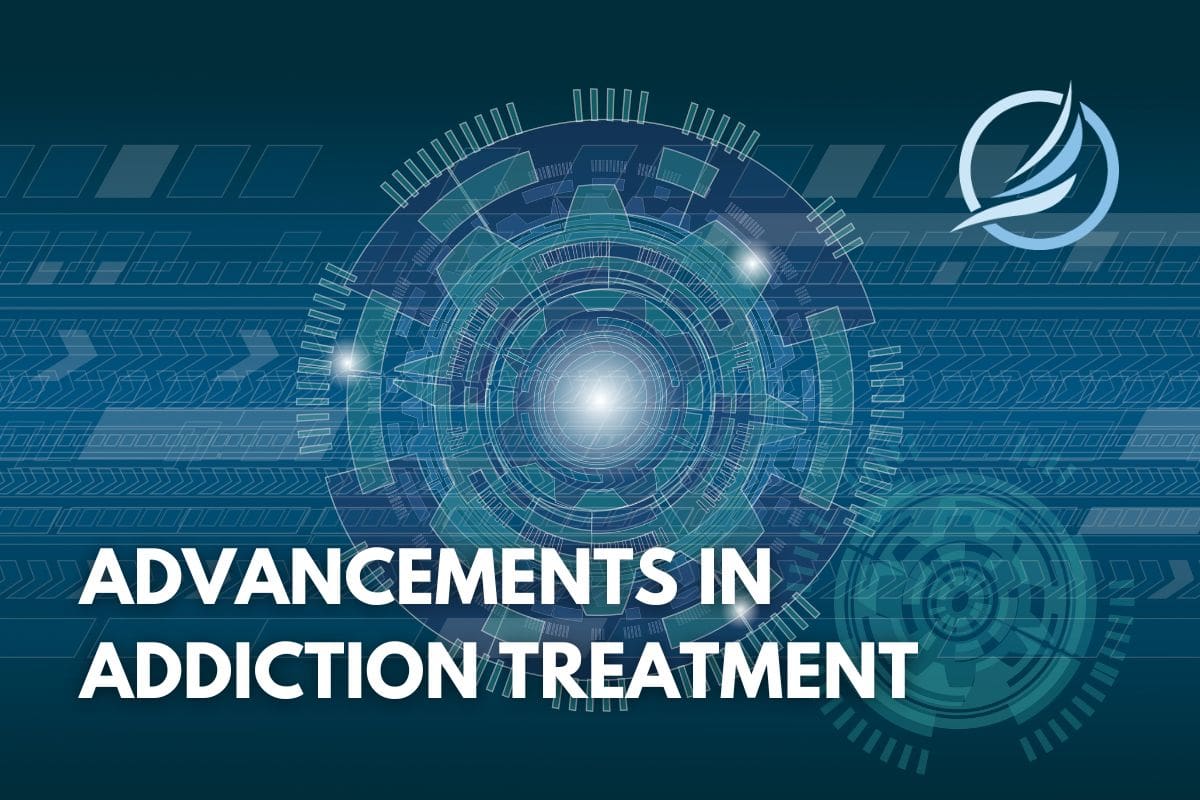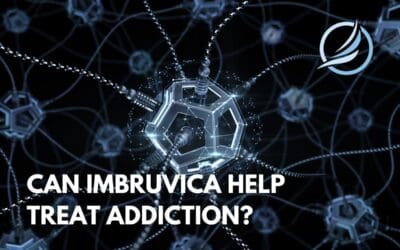Addiction treatment is undergoing a transformative shift as new technologies and methodologies emerge, offering hope and improved outcomes for those struggling with substance use disorders. Let’s explore the cutting-edge innovations and trends shaping the future of addiction treatment.
1. Telehealth and Virtual Therapy
The advent of telehealth and virtual treatment has revolutionized addiction treatment, making therapy more accessible and flexible.
- Telehealth Services: The COVID-19 pandemic accelerated the adoption of telehealth, and its impact on addiction treatment has been profound. Telehealth offers increased accessibility, allowing individuals in remote areas or those with mobility issues to receive treatment. Virtual therapy sessions can be as effective as in-person visits, providing flexibility and convenience for patients.
- Virtual Support Groups: Online support groups and recovery communities have become popular. Platforms like Zoom and specialized apps facilitate group meetings, offering a sense of community and shared experience, which are crucial for recovery.
2. Personalized Treatment Plans
Personalized treatment is at the forefront of addiction recovery, utilizing genetic testing and data-driven approaches to tailor interventions to each individual.
- Genetic Testing and Personalized Medicine: Advances in genetic testing allow for the creation of personalized treatment plans. Healthcare providers can tailor interventions and medications to improve efficacy and reduce side effects by understanding an individual’s genetic predispositions.
- Data-Driven Approaches: Big data and machine learning algorithms analyze patient data and predict treatment outcomes. This data-driven approach helps identify the most effective treatments and predict potential relapses, enabling timely interventions.
- Biomarker Research: The Addictions Neuroclinical Assessment (ANA) framework uses biomarkers to improve the diagnosis and treatment of substance use disorders, focusing on areas like negative emotionality and executive function.
3. Digital Therapeutics and Mobile Apps
These tools offer convenient, on-the-go resources that help individuals manage their recovery through cognitive-behavioral therapy and other evidence-based methods.
- Recovery Apps: Mobile apps for addiction recovery offer features like mood tracking, medication reminders, and connection to support groups. Apps such as Sober Grid and Rehabs.com provide users with tools and resources to manage their recovery journey.
- Digital Therapeutics: These are evidence-based interventions delivered through software programs to treat substance use disorders. Examples include reSET and reSET-O, FDA-approved apps that provide cognitive-behavioral therapy (CBT) and contingency management for patients.
4. Neurofeedback and Brain Stimulation
These forward-thinking methods focus on regulating brain activity and stimulating nerve cells to reduce cravings and improve mental health.
- Neurofeedback: This technique involves monitoring brain activity and providing real-time feedback to help patients learn how to regulate their brain functions. Neurofeedback has shown promise in reducing cravings and improving emotional regulation.
- Transcranial Magnetic Stimulation (TMS): TMS uses magnetic fields to stimulate nerve cells in the brain, which can help reduce symptoms of depression and anxiety often associated with addiction. It offers a non-invasive alternative to traditional treatments.
5. Innovative Medications
While medications aren’t always the only treatment, they can help reduce withdrawal symptoms to support long-term sobriety.
- Medication-Assisted Treatment (MAT): MAT combines medications like methadone, buprenorphine, and naltrexone with counseling and behavioral therapies. New medications are being developed to reduce cravings and withdrawal symptoms, making it easier for individuals to maintain sobriety.
- Vaccines and Immunotherapies: Researchers are exploring vaccines that target specific substances, preventing them from reaching the brain and reducing their rewarding effects. Immunotherapies are also being developed to help the immune system neutralize drugs before they can affect the brain.
6. Community and Peer Support
Community-based support systems and peer recovery are critical to help individuals reintegrate into society and maintain sobriety.
- Peer Recovery Coaches: These individuals have lived experience with addiction and provide support, encouragement, and guidance to those in recovery. Peer support can be a powerful tool, offering relatable insights and fostering a sense of connection.
- Recovery-Oriented Systems of Care (ROSC): This approach emphasizes community-based support systems that provide continuous and comprehensive care. ROSC includes housing support, employment assistance, and social reintegration programs.
7. Remote Biometric Monitoring
Remote biometric monitoring enhances addiction treatment by using wearable devices and digital tools to track patients’ substance use and medication adherence remotely.
- Wearable Alcohol Biosensors: Devices like SCRAM continuously monitor alcohol consumption, detecting even minor levels with high reliability. For tobacco use, devices like the Smokerlyzer measure carbon monoxide levels on breath, aiding in monitoring smoking cessation efforts.
- Oral Fluid Panels: Tools like OralTox provide rapid saliva test kits that providers can administer via video-selfie tests at random schedules, offering convenience and timely monitoring.
Looking to the Future
The future of addiction treatment is bright, with innovations and trends offering new hope for recovery. From telehealth services and personalized medicine to digital therapeutics and holistic approaches, these advancements are transforming how we understand and treat substance use disorders. By embracing these innovations, we can improve treatment outcomes, support long-term sobriety, and ultimately save lives.
If you or a loved one is struggling with addiction, don’t hesitate to seek help. Reach out to a healthcare professional or contact our team to learn more about the innovative treatment options available to support your journey to recovery.


































